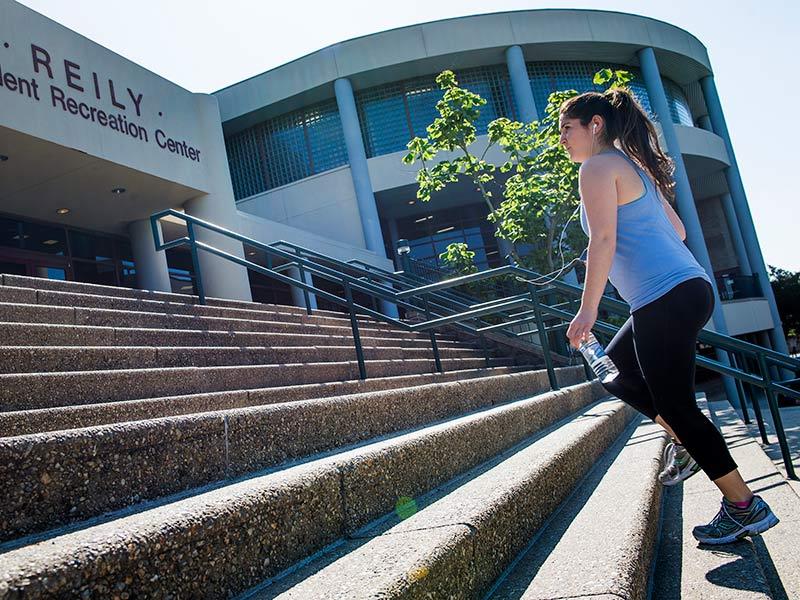New to exercise? Watch for signs of injury
If you’ve made it to month two of a new year’s resolution to get fit, Nickie Harris-Ray, a faculty member in the Tulane School of Professional Advancement’s Kinesiology Program, says you should know how to recognize an injury.
Harris-Ray says the “no pain, no gain” ideology behind strenuous workouts can be harmful when incorrectly perceived as meaning that pain is always good.
“Non-surgical treatment can be a permanent solution to some injuries. Most major tears, however, will require surgical treatment.”
— Nickie Harris-Ray, Tulane SoPA kinesiology program faculty
In her recent article published on WebMD, she warns that injury to muscles brought on by overuse may be irreversible.
“Repetitive, overuse of the same muscle could result in tears to the muscles,” says Harris-Ray. “We see this often in activities like swimming or football, but they can also occur through abnormal twisting, or sudden movements that are found in more ambitious exercise regimens.”
The article details Biceps tenodesis, a procedure used to repair tears in the bicep muscle, and offers a list of indicators that can signify a problem.
In addition, Harris-Ray says there are some red flags that warrant an immediate visit to your doctor. They include:
- The inability to adequately rotate your arm for a few days to a week;
- Prominent bulging in the upper arm area;
- A weakness that will not go away in the upper arm; and
- A painful bruising in the upper arm/shoulder extending downward toward your elbow.
For those who do find themselves injured, know that there are several treatment options, both surgical and non-surgical, depending on the extent of the injury.
“Non-surgical treatment can be a permanent solution to some injuries,” says Harris-Ray. “A sprain or strain can be treated without surgery, and symptoms of a slight tear can be helped without surgery. Most major tears, however, will require surgical treatment.”
Learn more about the degrees and certificates available through the Kinesiology Program at Tulane SoPA.





